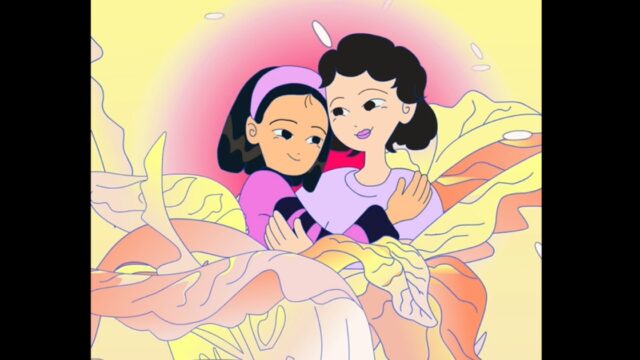At the start of Asian American Pacific Islander Heritage Month, Starbucks announced its summer release of new fruit drinks: bright blue Starbucks Refreshers with raspberry-flavored “pearls” at the bottom of the cup. The brand says it drew “inspiration from drinks around the world, especially East Asian beverages with boba or pearls that have been popular for decades.”
And Starbucks isn’t the first brand to draw inspiration from boba tea. Sonic and Dunkin’ both introduced boba tea, calling them “bursting bubbles” and “popping bubbles,” respectively.
But for marketers, where’s the line between cultural appropriation and cultural appreciation? When there’s increased pressure for marketers to innovate and create during heritage months, it’s a delicate balance to ensure that we honor and respect the communities we are trying to serve. Here are three watch-outs to avoid cultural appropriation.
Avoid playing catch-up
The pressure for brands to participate in cultural heritage months can be intense. Don’t race to check the box during these months in order to pretend to show up for a community. Instead, do the work to show that you want to be an ally and serve a community that needs your support, otherwise sit it out this time around and choose not to participate. Don’t fall into the trap of cultural appropriation.
The line between cultural appreciation and appropriation can become blurred. Remember: When we appreciate a culture that’s different from our own, we must start with positive intentions and admire, learn and enjoy experiences that we have never had before. Someone’s culture is not a hobby or an item to collect; it is part of their life, community and identity.
Cultural appropriation is defined as “the act of copying or using the customs and traditions of a particular group or culture, by somebody from a more dominant (powerful) group in society.” Appropriation can lead to stealing or treating something from another culture as a trend. When we are culturally appropriating as marketers, we can sometimes erase the memory and history of where the tradition or idea came from.


